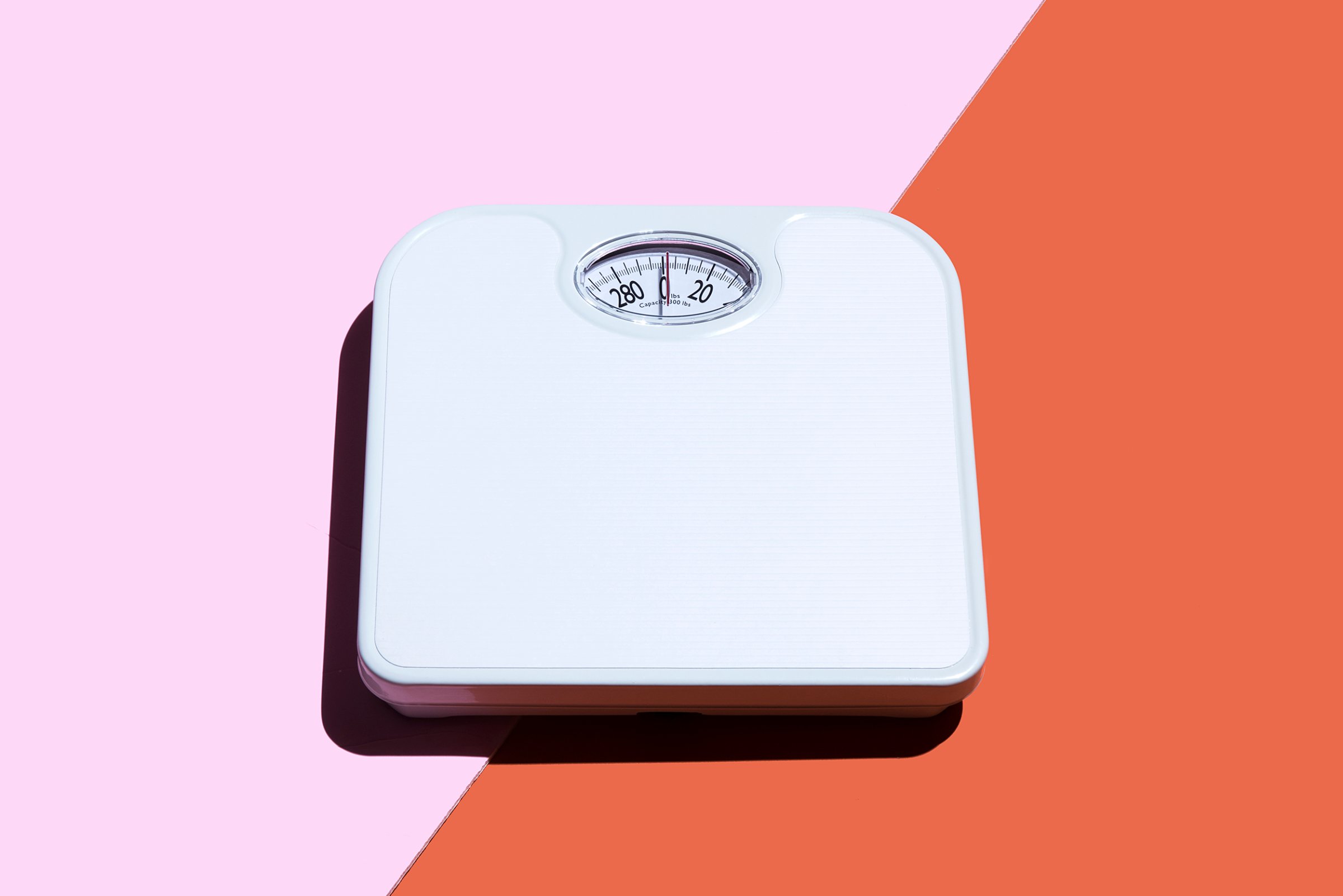
Today, I’m a huge advocate for owning your shape, embracing it and having confidence in your own skin. But I wasn’t always that way.
I’m a naturally muscular, 150-pound woman—I even joke with my sister that, as Swedish-Germans, we’re sturdy women who are built to work outdoors—and so much of my value when I was on American Gladiators was tied to my appearance. I had to be strong, obviously, but I also felt a lot of pressure to be smaller and very lean. I followed strict diets so that I could feel fit enough to be in the outfits I needed to wear for TV, photo shoots and appearances—and then binged because I’d be training so hard and was literally starving.
I lived in extremes, and constantly condemning and shaming myself left me in a very unhappy place. It got to the point where I actually considered throwing up after I ate. When that thought came into my mind, I realized I’d let things go too far and that if I let this become my normal, I’d lose a piece of who I am. From that point on, I started to cultivate a better headspace for myself. And now, as a trainer, I make it a point to give my clients connected coaching that can help them get not just physically healthier but more mentally balanced, too.
Get out of the cycle of comparing
On a regular basis, I find myself teaching how harmful comparing yourself to other people can be. It’s such a relevant topic. It’s easy to be like, “Wow, my butt doesn’t look as tight as that chick’s does” or “Ugh, my arms will never look like that.” I think the comparisons are naturally going to happen. So if we know we’re going to assess ourselves, we’ve got to change the conversation. When you see someone, instead of saying, “I wish I had her hair,” say, “Wow, what beautiful hair. What can I do to improve mine?”
You’re never going to look like me, and I’m never going to look like you, so don’t let comparison spiral into feelings of self-doubt. Instead, turn your words into appreciation and action.
Use the scale as feedback—and nothing more
My recommended strategy here depends on you. If you know you get into an obsessive headspace when you weigh yourself daily, only step on the scale once or twice a month—tops. (And also keep in mind that “gaining” a few pounds is no reason to panic—it could just mean you’re really well hydrated, you’ve increased your lean muscle mass or even that you haven’t gone number two in a while.)
If, on the other hand, you’re someone who has avoidance tendencies, I recommend weighing yourself every day. The trick here becomes using the number as feedback, and nothing else. We often allow the emotional voice to be louder than the practical one, but you have the power to look at information—even when you don’t necessarily like it—and say, “How do I feel? What decisions have I made this week? And what can I do to make myself feel better next week?” That way you’re a part of your solution, versus a part of what’s going to set you back.
Invest in yourself
Initially at least, making healthy choices has nothing to do with the outside and has everything to do with saying, “I’m going to choose three things this week that make me happy and that bring out my best qualities.” That could be 20 minutes of walking a day, that could be drinking a certain amount water, that could be sending a letter to one of your best friends. When you make decisions that make you feel good, you’ll end up with a life you’re proud of—and, by the way, you’ll end up looking great, too.
And at the end of the day, who cares if you could technically lose a few more pounds? It’s so much more important to honor your shape, your happiness and who you are.
Jennifer Widerstrom was formerly on American Gladiators and is currently a trainer on The Biggest Loser.
More Must-Reads from TIME
- Donald Trump Is TIME's 2024 Person of the Year
- Why We Chose Trump as Person of the Year
- Is Intermittent Fasting Good or Bad for You?
- The 100 Must-Read Books of 2024
- The 20 Best Christmas TV Episodes
- Column: If Optimism Feels Ridiculous Now, Try Hope
- The Future of Climate Action Is Trade Policy
- Merle Bombardieri Is Helping People Make the Baby Decision
Contact us at letters@time.com